Introduction
In today’s fast-paced world, creating a personal sanctuary in your backyard is increasingly appealing. The desire for privacy and tranquility has led many homeowners to seek solutions that offer aesthetic beauty while blocking out the hustle and bustle of daily life. This is where privacy trees come in—offering a natural and cost-effective way to enhance your outdoor privacy.
Choosing the right trees for privacy requires careful consideration. You want species that not only grow quickly but also fit well within your yard’s ecosystem. This blog post will take you through the essentials of selecting the best fast-growing privacy trees to plant this spring to ensure a lush, private oasis just in time for summer.
Understanding Privacy Trees

What are Privacy Trees?
Privacy trees are types of trees and shrubs specifically chosen for their ability to create natural barriers. When strategically planted, these trees help in forming verdant screens that shield your property from prying eyes, excessive sound, and harsh weather elements. Unlike fences or artificial barriers, privacy trees bring additional benefits such as enhancing biodiversity and creating a more serene environment.
Benefits of Planting Privacy Trees
- Privacy and Seclusion: Privacy trees act as a natural shield from nosy neighbors and passersby.
- Noise Reduction: Dense foliage can dampen the sounds of traffic or noisy neighbors, contributing to a quieter home environment.
- Windbreaks: Trees can act as effective wind barriers, protecting your garden and home from strong gusts.
- Environmental Contribution: They absorb carbon dioxide and release oxygen, improving air quality.
- Wildlife Habitat: They provide shelter and food for birds and other wildlife, adding life and movement to your garden.
Factors to Consider When Choosing Privacy Trees
Growth Rate
One of the primary considerations for privacy trees should be their growth rate. Fast-growing trees allow you to establish privacy quicker but may require more maintenance, such as regular pruning.
Tree Height and Width
Consider both the mature height and width of the tree. Ensure that it fits within your space and doesn’t overshadow your garden or home. Knowing these dimensions will also help you plan for the number of trees needed.
Climate Compatibility
Choose species that are well-suited to your local climate. Trees that aren’t compatible with the regional weather conditions can lead to increased maintenance and potential loss.

Soil Requirements
Different trees have varying soil needs. Test your soil’s pH level and drainage capacity to ensure you select trees that will thrive in your yard.
Deciduous vs. Evergreen
Consider whether you prefer deciduous trees, which lose leaves in the fall, or evergreens that provide year-round coverage.
Pest and Disease Resistance
Opt for species known for resilience against local pests and diseases. This ensures your privacy screen remains healthy and robust without frequent interventions.
Top Fast-Growing Privacy Trees to Plant in Spring
1. Leyland Cypress
One of the most popular choices, the Leyland Cypress is renowned for its rapid growth and lush foliage. It can grow up to 3-5 feet per year, quickly forming a dense privacy screen.
Benefits of Leyland Cypress
- Height: Can reach heights of 60-70 feet.
- Maintenance: Requires regular pruning to maintain shape and avoid overgrowth.
- Appearance: Soft foliage and a pleasant green color provide an aesthetically appealing barrier.
2. Thuja Green Giant
The Thuja Green Giant is another excellent fast-growing option, known for its durability and striking appearance. It’s ideal for spacious properties considering its towering height of up to 40 feet.
Benefits of Thuja Green Giant
- Growth Rate: Grows approximately 3-5 feet per year.
- Resilience: Highly resistant to pests and diseases.
- Climate Range: Thrives in a variety of climates.
3. Bamboo

For a unique and exotic privacy solution, consider Bamboo. Certain species grow over 2 feet per day, reaching heights of up to 40 feet, perfect for quick, vertical privacy.
Benefits of Bamboo
- Growth Rate: Among the fastest-growing plants in the world.
- Maintenance: Requires control as it can become invasive without proper management.
- Dense Foliage: Provides a thick, impassable barrier.
4. Arborvitae
Known for retaining its vibrant green color year-round, Arborvitae is both practical and elegant. Its narrow shape makes it excellent for tight spaces along fences or boundaries.
Benefits of Arborvitae
- Practical Size: Can grow 1-2 feet per year, up to 15 feet tall.
- Ease of Care: Minimal pruning required.
- Versatility: Ideal for formal hedges or a natural screen.
5. Eastern Red Cedar
While slower to start, the Eastern Red Cedar quickly becomes an impenetrable screen with its dense, aromatic foliage. It is perfect for rural settings.

Benefits of Eastern Red Cedar
- Durability: Tolerates poor soil, drought, and a variety of climates.
- Wildlife Attraction: Birds are attracted to its berries and sheltering branches.
- Long Lifespan: Offers enduring beauty and privacy.
Additional Tips for Planting Privacy Trees
Proper Spacing
Always consider the mature size of the trees and the purpose of the planting when determining spacing. Overcrowding can lead to resource competition and reduced health for your trees.
Soil Preparation
Prepare your soil adequately before planting. Amend it with the necessary nutrients and compost to give your trees the best start possible.
Maintenance Practices
Regularly water your trees, especially in the first few years, to help them establish strong root systems. Additionally, prune as required to control shape and remove any damaged or diseased branches.
Pests and Disease Management
Protect your privacy trees by monitoring and managing pests and diseases. This might include natural predator introduction, spraying, or choosing naturally resistant varieties for less maintenance concern.
Why Choose Plantology for Your Privacy Trees?
At Plantology, we are passionate about connecting you with the perfect greenery for your space’s needs. Our selection of privacy trees covers a wide range of climates and aesthetics. Whether you're looking for fast growth, resilience, or beauty, we have the ideal solution for you.

Visit Plantology to explore our wide range of trees and plants perfect for your privacy needs. We offer expert guidance to ensure that your choice will thrive in your specific environment.
Recommended Products
- Adonidia Palm Double - Ideal for adding lush greenery to your privacy mix.
- Agave Blue - A stunning addition for a diverse planting scheme.
Ready to transform your outdoor space into a serene sanctuary? Embrace the beauty and functionality of privacy trees. Start shopping with Plantology today for top-quality, well-cared-for saplings that will grow into the perfect natural screens. Check out our full range here to find your perfect fit!
Creating a Sustainable and Eco-Friendly Privacy Barrier
In addition to the benefits outlined above, selecting and maintaining privacy trees can contribute significantly to a more sustainable and eco-friendly environment in your backyard. Here's how you can ensure your green barrier is both effective and environmentally conscious.
Native Species Selection
Opting for native trees in your privacy barrier is one of the best ways to promote local biodiversity. These trees are adapted to local soil, climate, and pests, meaning they will thrive with less maintenance than exotic species. Native trees attract local wildlife and support regional ecosystems, creating a natural, harmonious environment.
Water-Wise Landscaping
Choosing drought-resistant privacy trees is an excellent way to build a sustainable yard, especially in arid regions where water conservation is crucial. Trees like the Eastern Red Cedar and certain species of Bamboo can survive and even thrive with minimal watering once established, easing your water usage and maintenance endeavors.
Use of Organic Practices
Seek organic solutions for fertilization and pest control to reduce chemical impacts on the environment. Using compost to enrich your soil or introducing beneficial insects can enhance your garden sustainably, maintaining tree health and minimizing pests without the need for harmful pesticides.

Incorporating Companion Plantings
Combine your privacy trees with companion plants that have symbiotic relationships. For example, planting nitrogen-fixing plants such as clover around your trees can help improve the soil quality naturally. Combining different species can also fend off pests and diseases, maintaining a diverse and healthy plant community.
Designing Your Perfect Privacy Screen
Design is crucial when planning a privacy tree barrier, as it impacts both the effectiveness and aesthetic appeal of your garden. Consider the following tips to optimize your privacy wall:
Layering for Depth and Texture
For a visually striking barrier, incorporate layers in your planting design. Combine trees with varying heights, leaf colors, and textures to establish depth and provide an evolving visual display throughout the seasons. The interplay of different plant species can enhance not only privacy but also aesthetic charm.
Seasonal Interest
By selecting a diverse range of trees and shrubs, you can ensure that your privacy screen looks attractive all year round. For instance, include evergreens like Arborvitae for winter interest and flowering trees or shrubs like Forsythia for spring blooms to offer vibrant colors in different seasons, maintaining year-round appeal.
Consider the Layout
The layout of your trees should reflect the natural topography of your yard. Contour your plantings to follow the natural boundaries of your space or create winding patterns for a more organic feel. Avoid planting in strict straight lines unless a formal look fits your landscape design better.

Case Studies of Successful Privacy Tree Implementations
Examining case studies of successful privacy installations provides insights and inspiration for your garden. Here are a few examples:
The Urban Oasis
In a bustling city environment, a couple transformed their small outdoor space into a serene, private retreat using a mix of Bamboo and Leyland Cypress. By alternating these two varieties, they achieved rapid vertical growth from the bamboo while maintaining dense, year-round privacy with the evergreen Cypress.
The Rustic Retreat
A countryside homeowner sought to create a windbreak and a private hideaway on their expansive property. They opted for Eastern Red Cedar, known for its resilience and wildlife-friendly attributes, creating an effective barrier over time. The Cedar not only provided privacy but brought in a delightful array of birds, enhancing the rural atmosphere.
The Modern Minimalist
For a sleek, minimalistic garden in a suburban setting, Arborvitae was meticulously planted along the property boundary. The uniform height and narrow growth pattern of Arborvitae offered a neat, low-maintenance screen that complemented the modern architecture, ensuring privacy without overwhelming the space.
Ensuring Longevity and Health of Your Privacy Trees
Once your trees are planted, ongoing care is essential to sustain their health and effectiveness as a privacy screen. Here’s how to ensure they thrive:

Monitoring and Adjusting Watering Practices
As trees mature, their water needs may change. Monitor rainfall and soil moisture, adjusting watering schedules to avoid over or under watering. Implementing a drip irrigation system can provide consistent moisture without water wastage.
Continued Fertilization
Regularly fertilize your trees with organic compounds suited to their needs. Early spring applications can provide the necessary nutrients to encourage lush, healthy growth throughout the growing season.
Pruning and Trimming
Schedule regular pruning to encourage a healthy structure and remove dead or diseased branches. This practice not only maintains an aesthetic appearance but also boosts tree vigor by focusing energy on healthy growth.
Assessing for Pests and Diseases
Keep an eye out for early signs of pests or diseases. Utilize natural pest control methods whenever possible, such as neem oil or introducing beneficial insects. Consult with local arborists if you encounter stubborn issues.
How to Involve Your Community
Creating a lush green barrier can benefit not just individual homeowners but entire communities. Consider these community-oriented approaches:

Collaborative Planting Projects
Organizing group planting efforts can be a rewarding experience. By working together, neighbors can share resources and create uniform, beautiful buffers that enhance the local area’s ecological value and aesthetics.
Educational Workshops
Host workshops that educate on the benefits and proper care of privacy trees. These sessions can cover native species selection, sustainable landscaping practices, and tree maintenance, fostering community engagement and environmental stewardship.
Community Green Spaces
Beyond Privacy
Incorporating trees into public spaces enhances the overall quality of life. By planting privacy trees strategically in parks, schools, and street medians, neighborhoods can enjoy increased privacy, reduced noise, and improved air quality.
The potential behind privacy trees stretches well beyond their primary function. These natural barriers can provide exceptional benefits not only for individual homeowners but communities as a whole, encouraging an increased adoption of sustainable practices and deeper connections with nature.
Conclusion
Establishing a privacy screen with fast-growing trees offers the perfect blend of functionality and aesthetic charm, transforming your outdoor space into a peaceful retreat. Whether you're utilizing Arborvitae for their year-round beauty or incorporating Bamboo for its unique aesthetic, the options are diverse and adaptable to various needs and environments.

Remember to consider essential factors like growth rate, climate compatibility, and ongoing maintenance as you select your trees. By implementing sustainable and eco-friendly practices, you not only create a serene environment for yourself but also contribute positively to local biodiversity and ecological health.
With the guidance of experts like Plantology, you can confidently select and nurture the right trees to meet your privacy needs. Explore the range of options available to you, and take the first step towards enhancing your personal sanctuary today.
Your green oasis awaits - embrace the beauty and resilience of privacy trees, and transform your outdoor space into a lush sanctuary that enriches your home and environment for years to come.

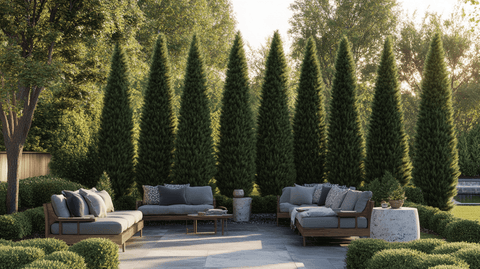

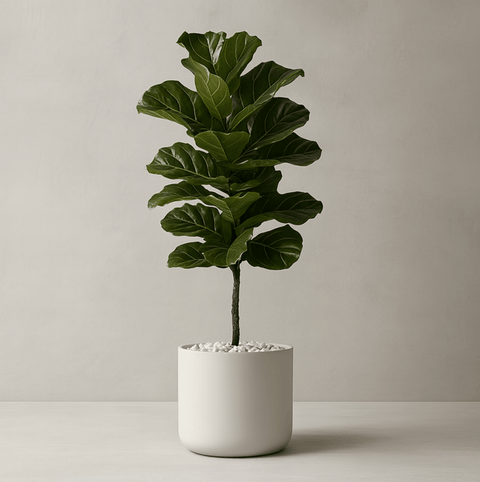
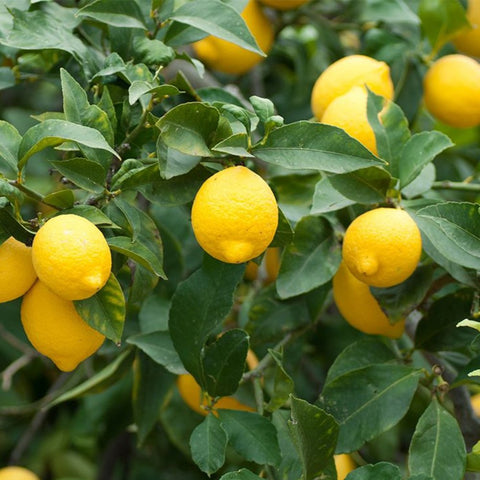
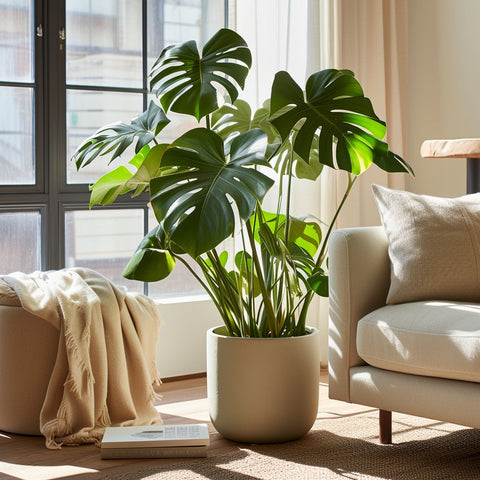
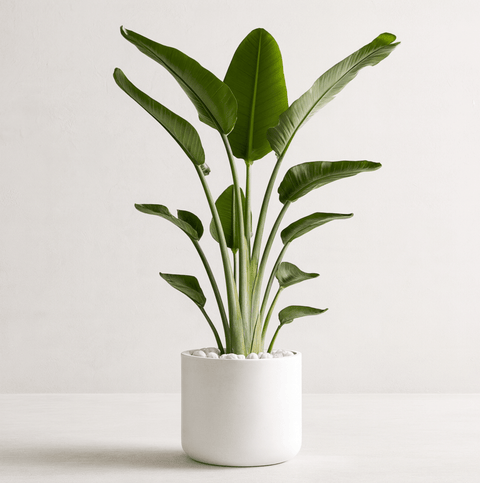
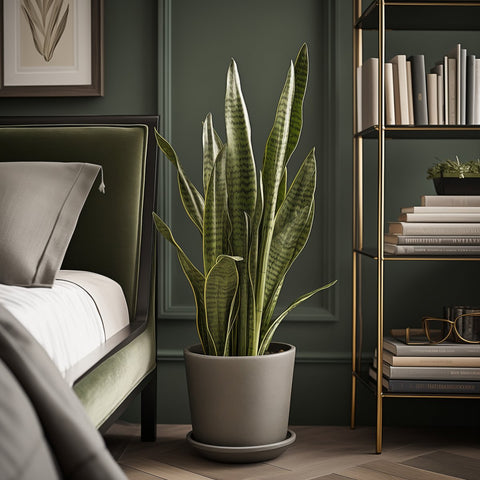
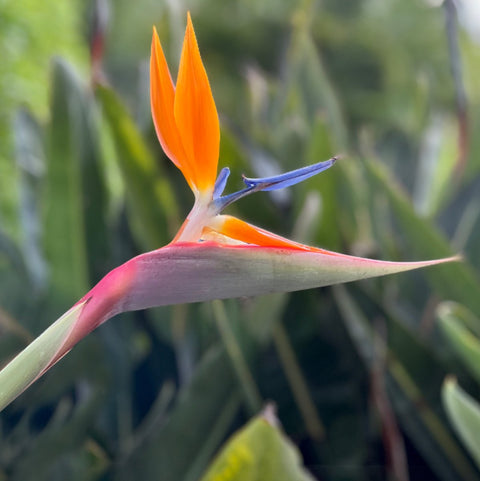
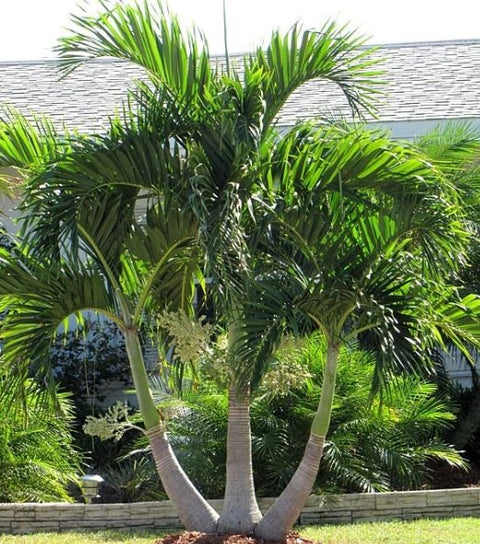
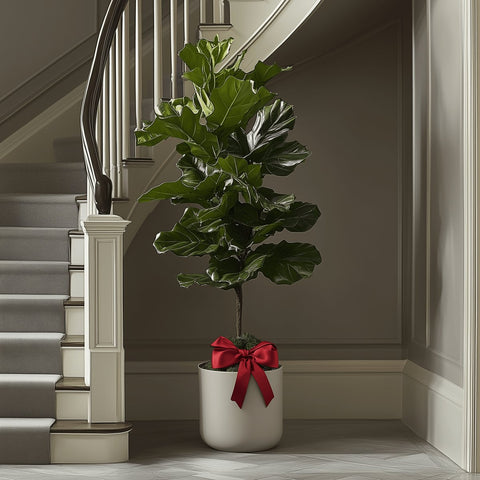

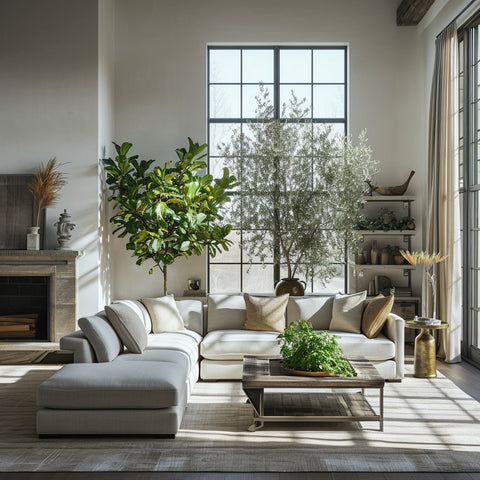
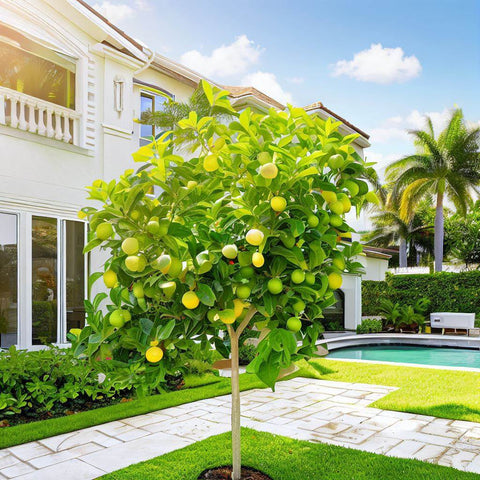
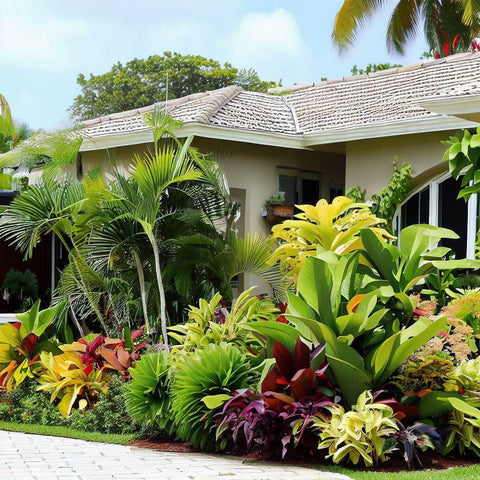

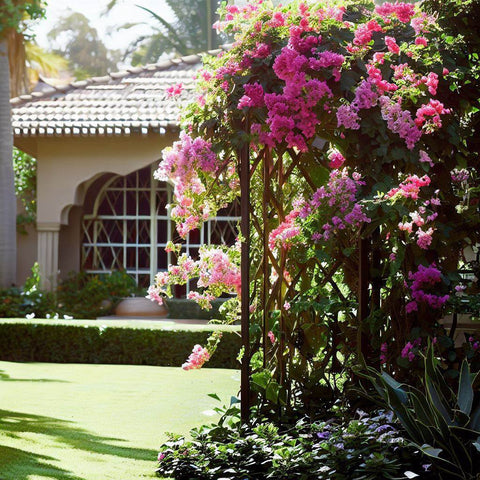
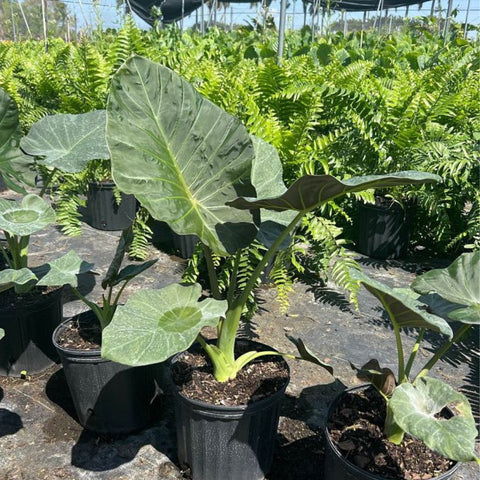
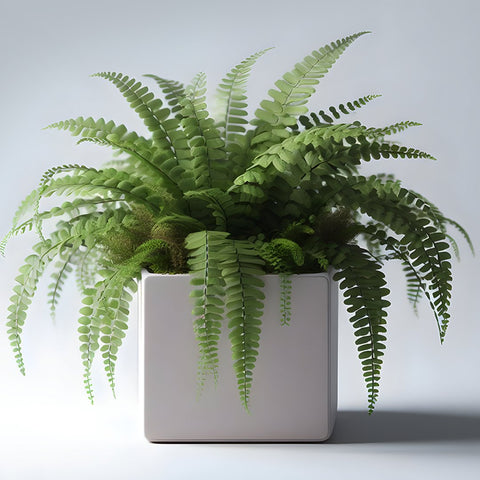

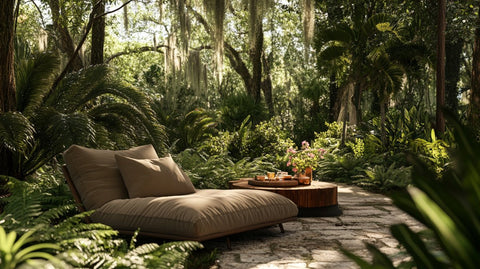

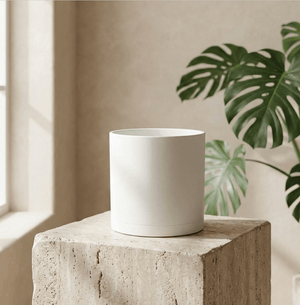
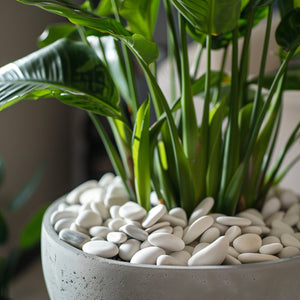


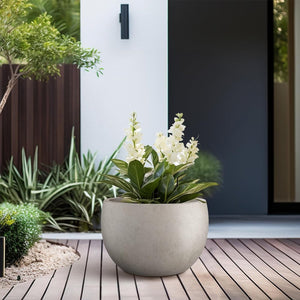



Comments (0)
There are no comments for this article. Be the first one to leave a message!